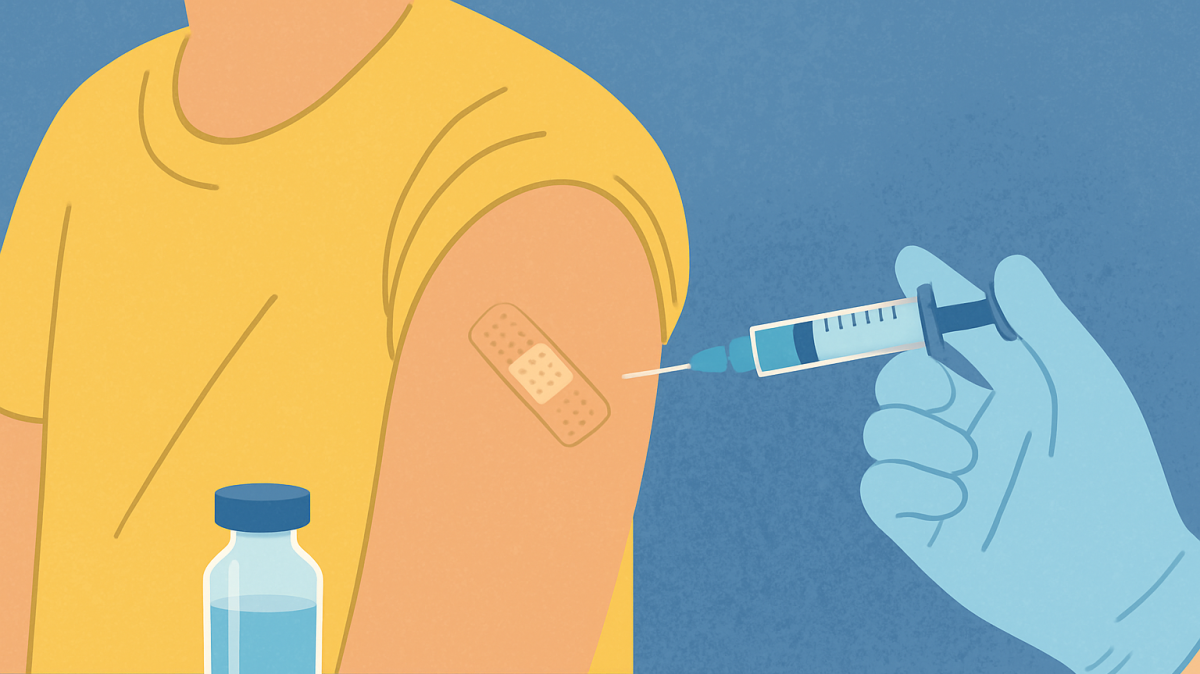Healthy habits are often easy to neglect, but building them into daily life can bring significant benefits. Experts say small, consistent changes add up to improved physical and mental health over time.
One of the simplest habits to incorporate is physical activity. Even walking 10,000 steps a day can stimulate metabolism, improve digestion, and release endorphins, which boost mood. Regular movement also strengthens muscles, improves cardiovascular health, and reduces long-term disease risk. “Exercise doesn’t have to mean a gym membership,” said one health coach. “It can be as simple as taking the stairs or going for a walk.”
Another essential habit is establishing a consistent sleep schedule. Sleep occurs in cycles, with deep sleep being the most restorative. This stage allows the body to repair muscles, regulate emotions, and consolidate memories. Experts recommend limiting screen time before bed, setting a calming routine, and keeping the bedroom distraction-free. Poor sleep has been linked to increased stress, lower academic performance, and weakened immunity.
Hydration is another often-overlooked practice. Teens and adults should aim for 64 to 88 ounces of water daily. Proper hydration aids digestion, helps prevent bloating, and contributes to clearer skin. For athletes, water is crucial for muscle recovery and preventing injury. While sports drinks can replace electrolytes, nutritionists warn that water should remain the foundation of hydration. Overhydration is rare but possible, so balance is key.
Health specialists emphasize that adopting even one of these habits can create momentum for more positive changes. “Think of these as investments in yourself,” said a physician. “You don’t need to overhaul your lifestyle overnight—start small and let those changes build.”
By making small adjustments—moving more, sleeping better, and drinking water—people can experience big, lasting improvements in their well-being.
(CDC – Physical Activity Basics)






























